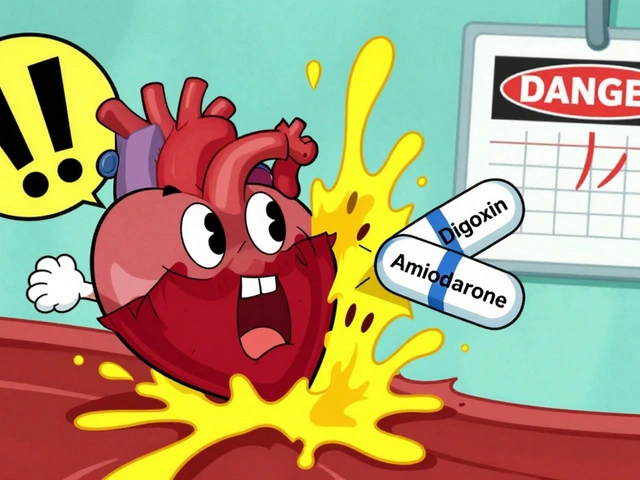Atorvastatin: What It Is and Why You Might Need It
If your doctor mentioned a statin called atorvastatin, you’re probably looking at lowering bad cholesterol. This pill belongs to the statin family, which works by blocking an enzyme that makes cholesterol in your liver. Less cholesterol means lower risk of heart attacks and strokes. Most people take it when their LDL (the "bad" cholesterol) is too high or they have a family history of heart disease.
How to Take Atorvastatin the Right Way
Start with the dose your doctor gave you – usually 10 mg, 20 mg, 40 mg, or sometimes 80 mg once daily. It’s best taken in the evening because your body makes most cholesterol at night. If you miss a dose, take it as soon as you remember unless it’s almost time for the next one; then just skip the missed pill.
Don’t crush or split the tablet unless your doctor says it’s okay. Swallow it whole with a glass of water. Food doesn’t change how the drug works, so you can take it with or without a meal.
Common Side Effects and When to Call Your Doctor
Most people feel fine, but some notice muscle aches, mild stomach upset, or headache. If muscles become painful, weak, or you see dark urine, stop the drug and call your doctor right away – it could be a rare sign of muscle damage.
Other warning signs include new liver problems (yellow skin, dark urine) or severe allergic reactions like swelling of the face. These are uncommon but need immediate medical attention.
Regular blood tests help catch any issues early. Your doctor will check cholesterol levels and liver enzymes after a few weeks on the medication.
Tips to Maximize Benefits and Reduce Risks
- Pair atorvastatin with a heart‑healthy diet – plenty of veggies, whole grains, lean proteins, and less saturated fat.
- Exercise regularly; even 30 minutes of brisk walking most days helps raise good cholesterol (HDL).
- Avoid grapefruit juice. It can increase drug levels in your blood and raise side‑effect risk.
- Tell your doctor about all other meds, especially certain antibiotics, antifungals, or HIV drugs – they may interact with atorvastatin.
- If you’re pregnant, planning a pregnancy, or breastfeeding, let your doctor know. Statins aren’t recommended in these situations.
Sticking to the prescribed dose and keeping up with check‑ups usually keeps you safe while you reap the heart‑protecting benefits. If you ever feel unsure about how you’re feeling on atorvastatin, reach out to your healthcare provider – they can adjust the dose or suggest another option.
Bottom line: atorvastatin is a powerful tool for controlling cholesterol when used correctly. Follow the dosing tips, watch for side effects, and combine it with healthy lifestyle habits for the best results.




